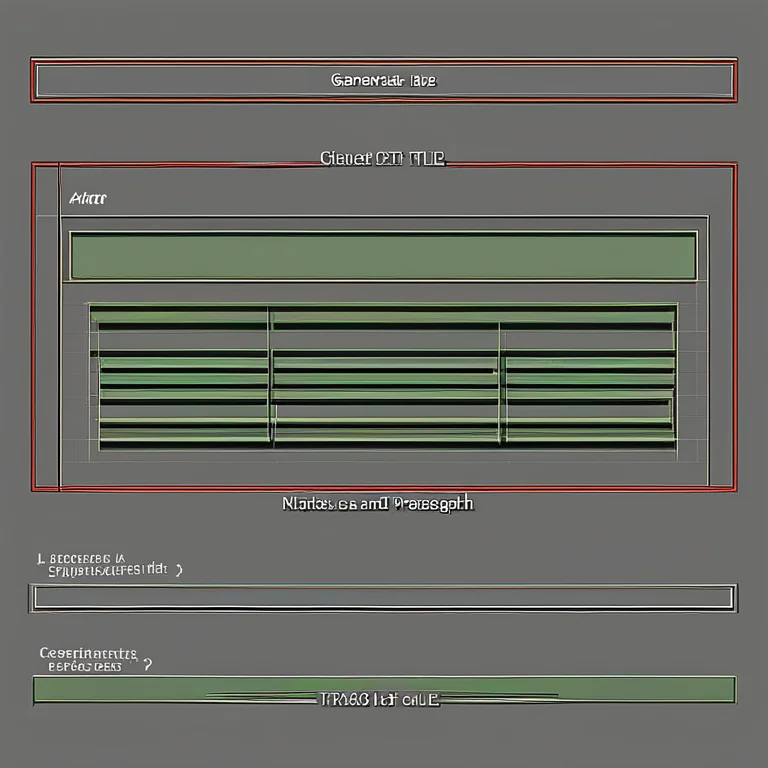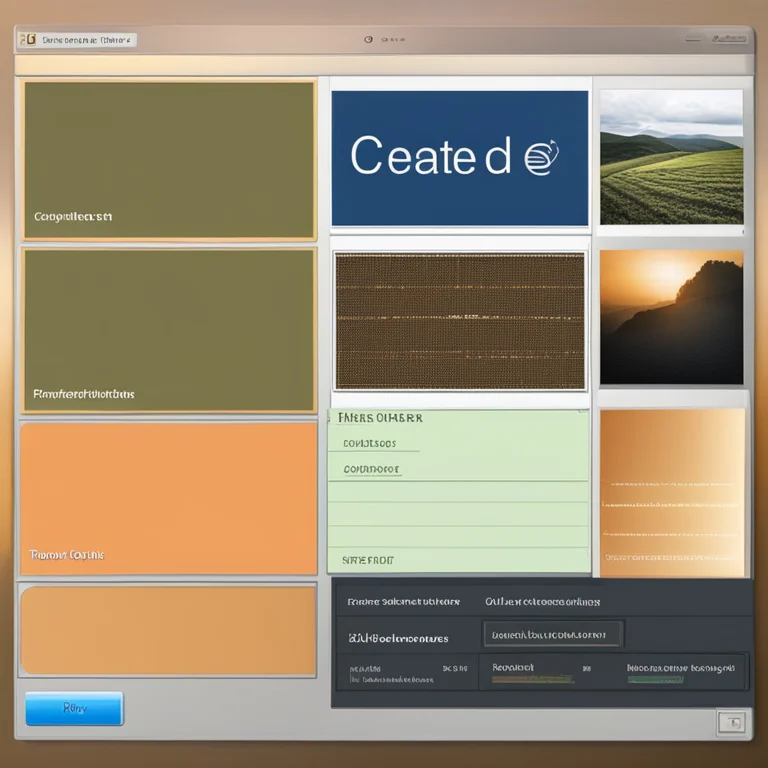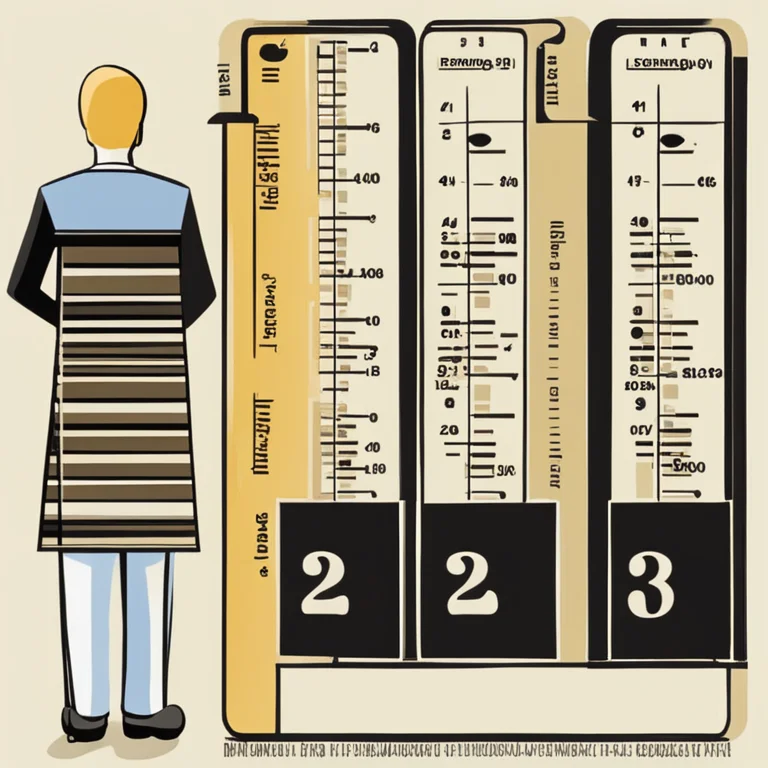
The Myth of Numerology: A Rational Perspective
Examining the claims of numerology from a logical standpoint, this article explores why this practice may hold little real-world significance.
article by Sofia Ferguson
Introduction to Numerological Skepticism
In the vast array of mystical and esoteric traditions, numerology holds its place as an ancient practice of assigning significance to numbers in relation to human life. Despite its historical presence, a growing body of rational thinkers questions its validity. The core principle of numerology is that numbers can influence events and personality traits, yet this ideation lacks empirical support. Critics point to the absence of scientific foundations—a stumbling block for many pseudosciences. This article delves into the reasons why numerology is regarded by skeptics as mere superstition, rather than a legitimate tool for understanding the world around us.

Lack of Empirical Evidence
One of the primary arguments against numerology is the complete lack of empirical evidence supporting its claims. Scientific scrutiny relies on testability and falsifiability, criteria that numerology fails to meet. Experiments designed to validate numerological tenets have consistently failed to produce reliable or consistent results. As of 2024, there remains no scientific study conclusively linking the numerological interpretation of numbers with observable effects on human affairs. This absence of data renders numerology unconvincing to the scientifically minded observer.

The Forer Effect: A Psychological Explanation
The Forer effect, or Barnum effect, might explain the personal resonance some find in numerological readings. This phenomenon occurs when individuals believe that vague, generalized statements are highly accurate for them personally. By using statements that could apply to a wide range of people, numerologists can create the illusion of specificity and relevance. This psychological trick does not lend credibility to numerology itself, but instead underscores the human tendency to find meaning in the ambiguous, a trait that has remained relevant well into the 21st century.

Confirmation Bias and Selective Thinking
Fueling the belief in numerology is the pervasive role of confirmation bias—where individuals are prone to remember instances that support their beliefs and disregard those that do not. Confirmation bias shows no sign of abating in the information age, with an endless barrage of data that could be interpreted to match numerological forecasts. Meanwhile, selective thinking processes allow numerology followers to focus on the 'hits' while ignoring the numerous 'misses'. These cognitive biases lead to an overestimation of numerology's predictive power, maintaining its allure despite the lack of rational substance.

Numerology's Cultural and Historical Inconsistencies
Numerological systems differ widely across cultures and historical periods, suggesting that they are not founded on universal truths. Arabic numerology differs from Chinese, which in turn differs from the system used by Pythagorean practitioners. This disparity distracts from any claims of universality within the practice. Moreover, the evolution of languages and scripts, the invention of new numbers such as zero, and changes in cultural attitudes towards numbers all contribute to inconsistencies that further diminish numerology's credibility as we advance in the 21st century.
Rational Numerology Alternatives
For those seeking guidance or self-understanding, there exist more empirically grounded alternatives to numerology. Psychology, for instance, offers a wealth of research-based insights into personality and behavior. Similarly, statistical analysis and probability theory provide rational frameworks for understanding the likelihood of events, as opposed to relying on the mystical qualities of numbers. As society continues to embrace scientific progress and critical thinking, these evidence-based disciplines grow increasingly valued over numerological superstitions.
Published: 1/11/2024
Modified: 1/11/2024
More predictions
Come back here soon to learn more about yourself and your future


The Mechanics of Numerology: Life's Numeric Patterns
Delve into the foundations of numerology and discover the numerological patterns that are believed to influence your life's journey.


Compute Your Numerology Life Path Number
Learn how to compute your life path number in numerology to gain insight into your life's purpose and potential trajectories.


The Role of Numerology In Our Lives
Discover what numerology is all about and how it connects numbers to life's patterns.